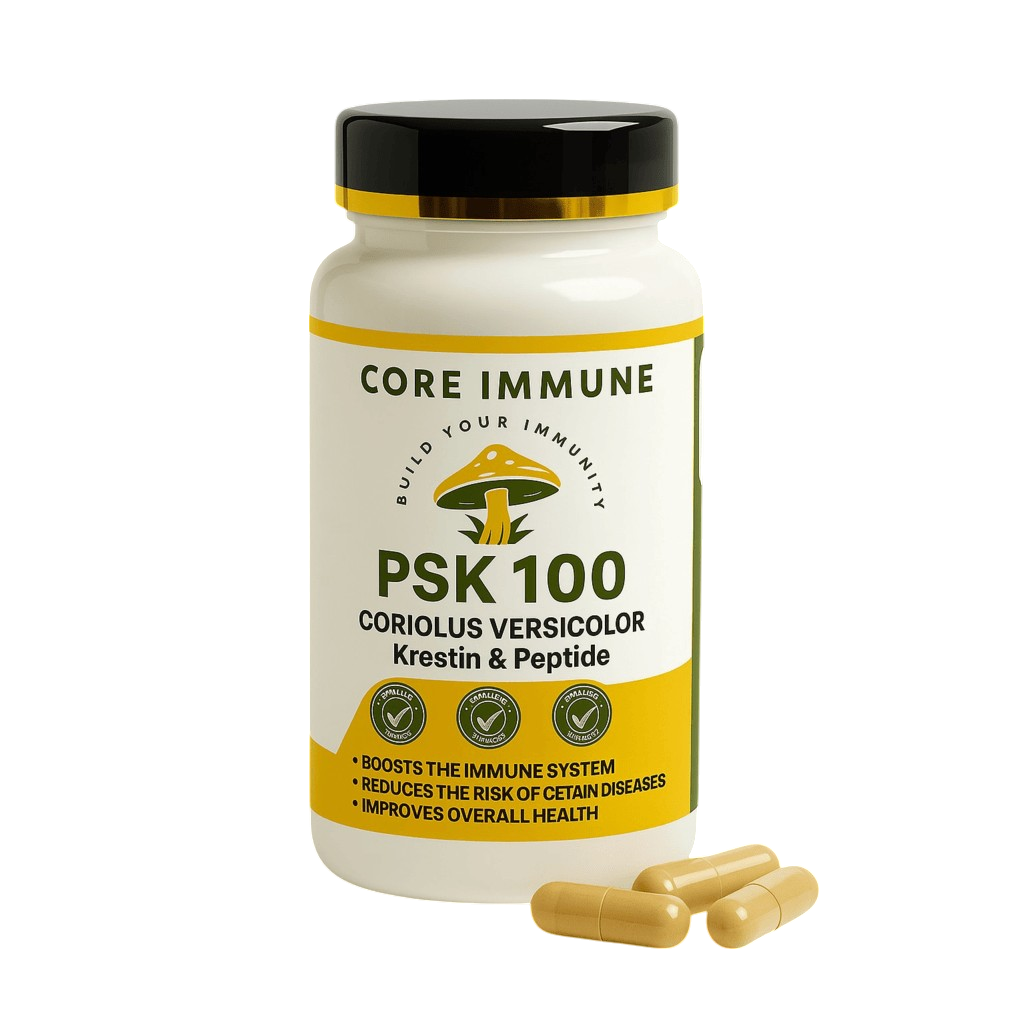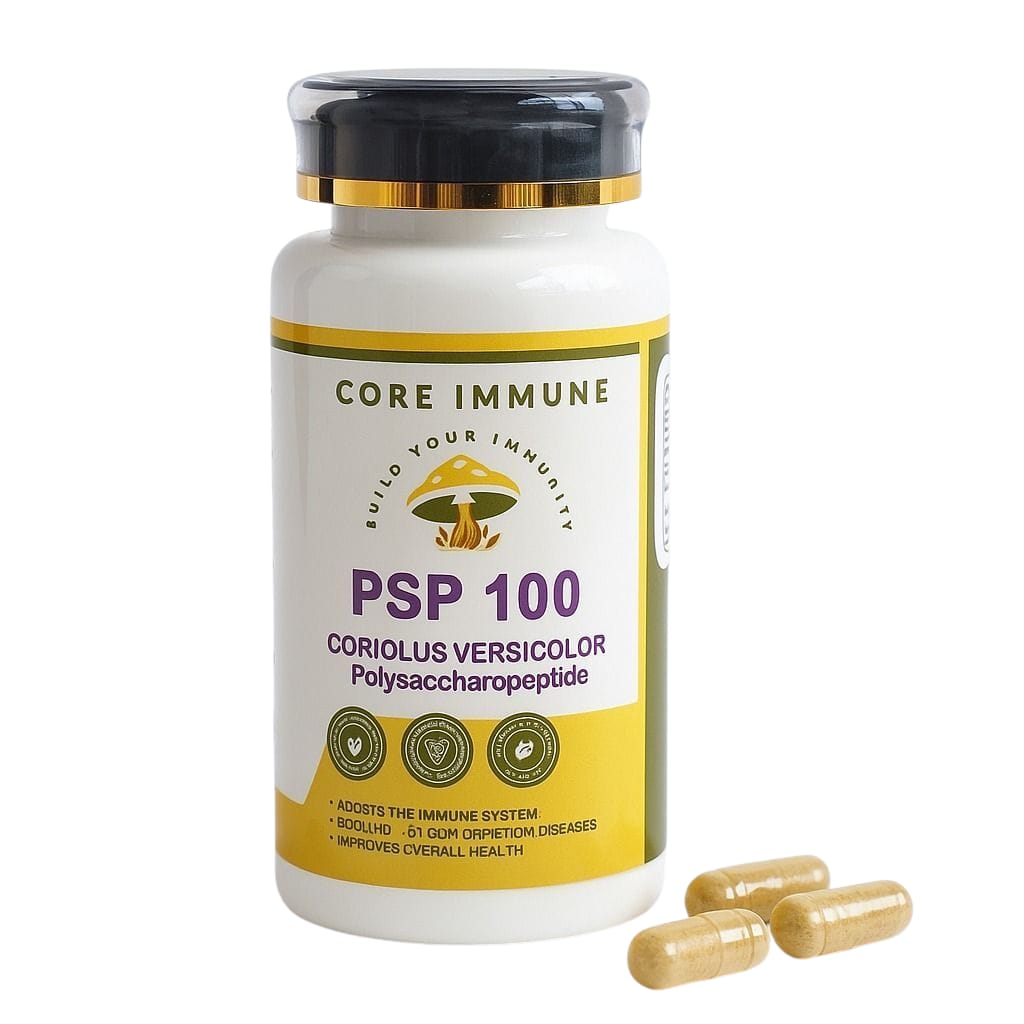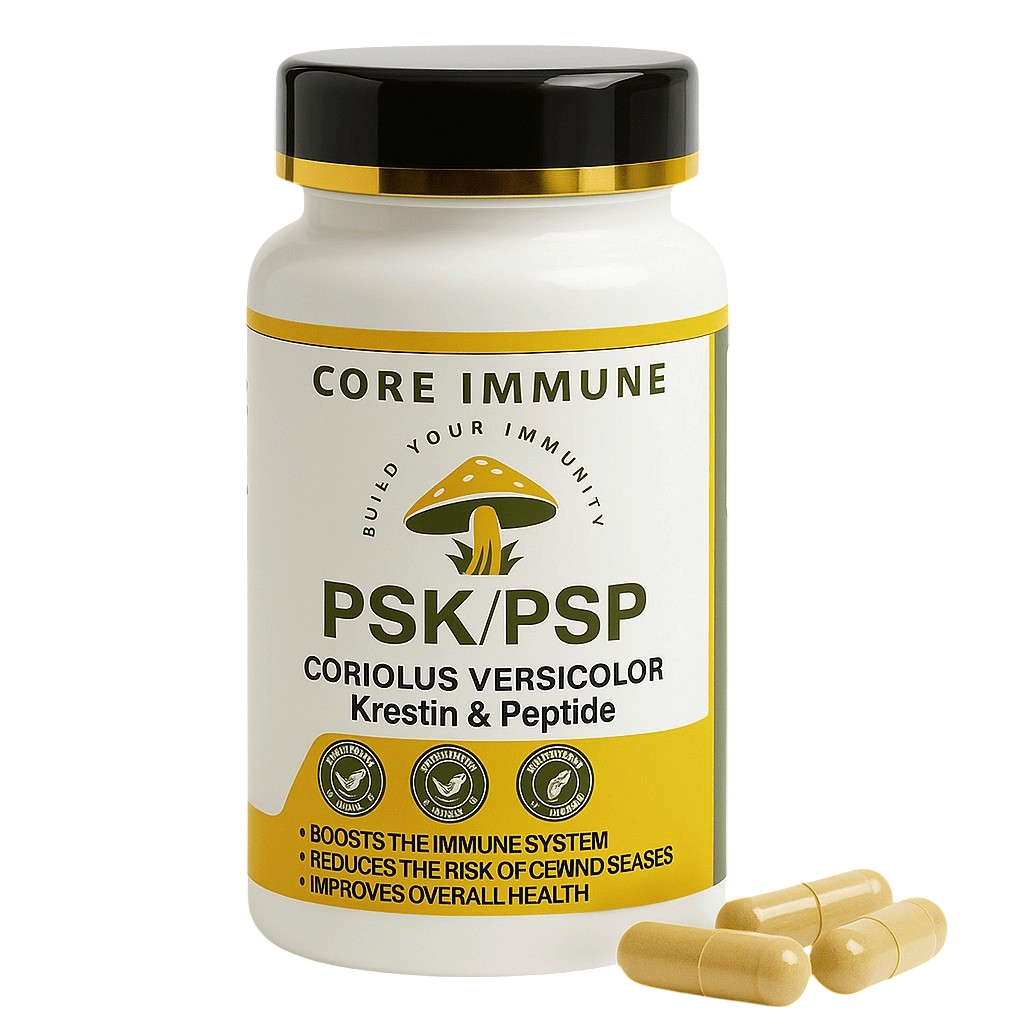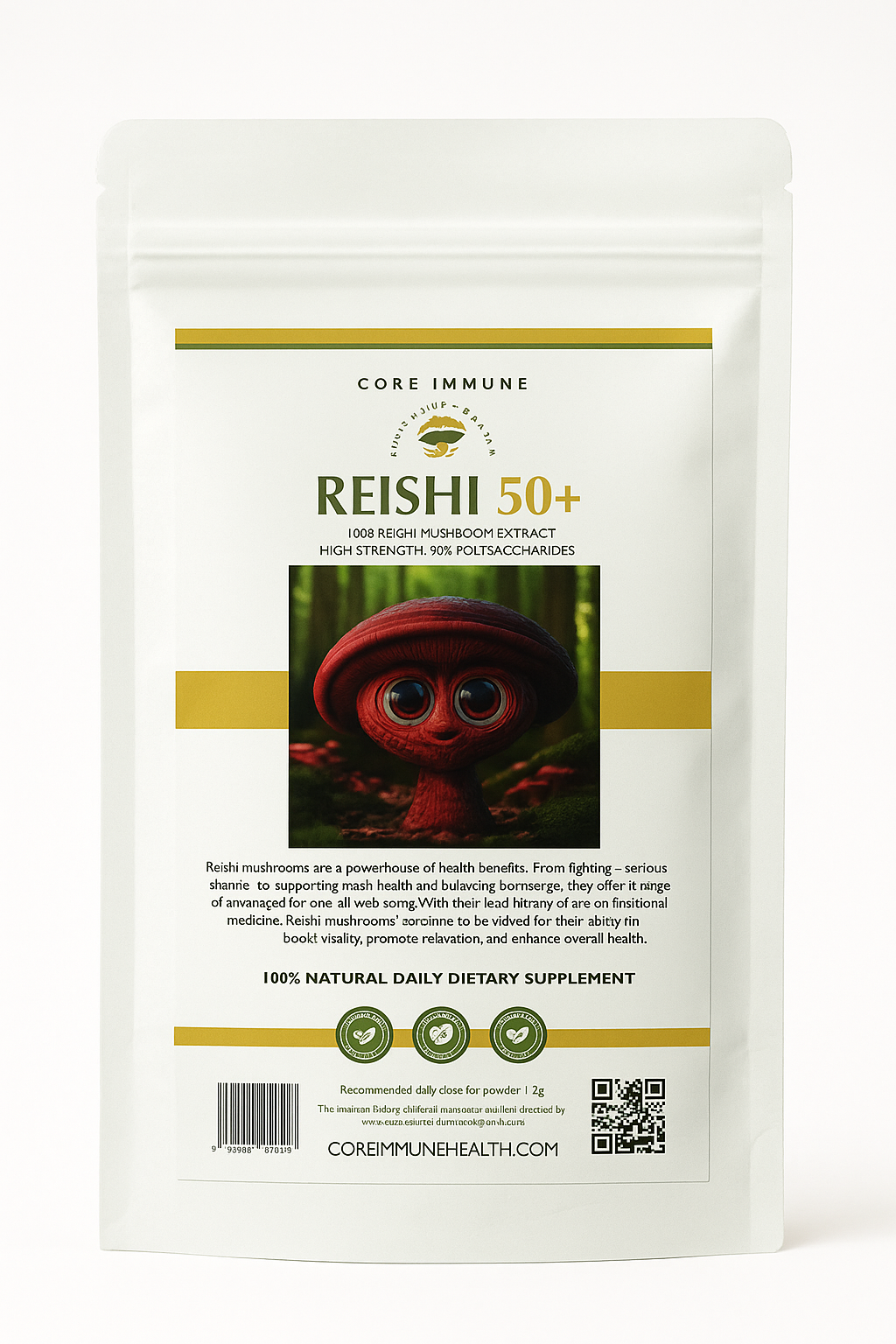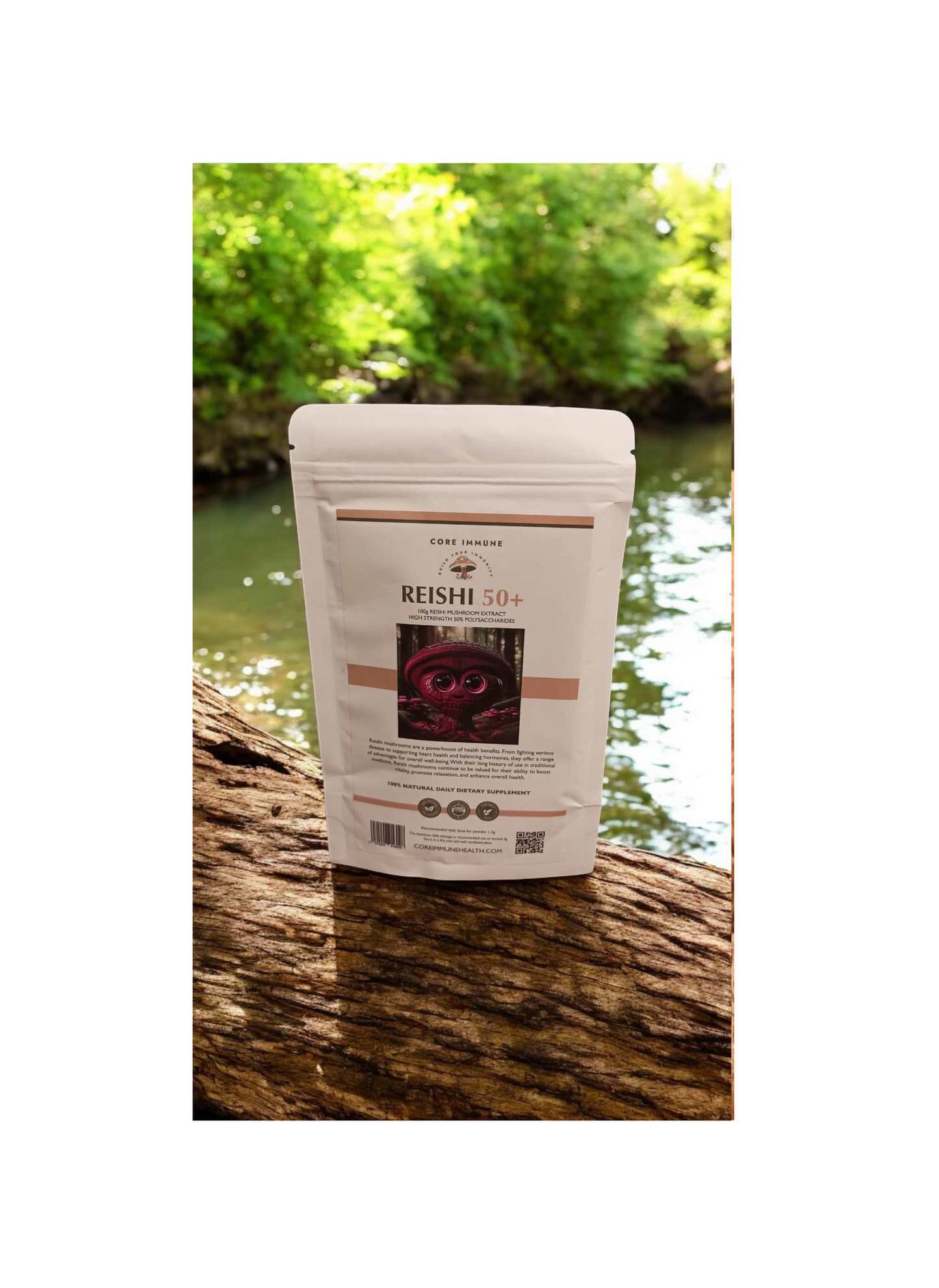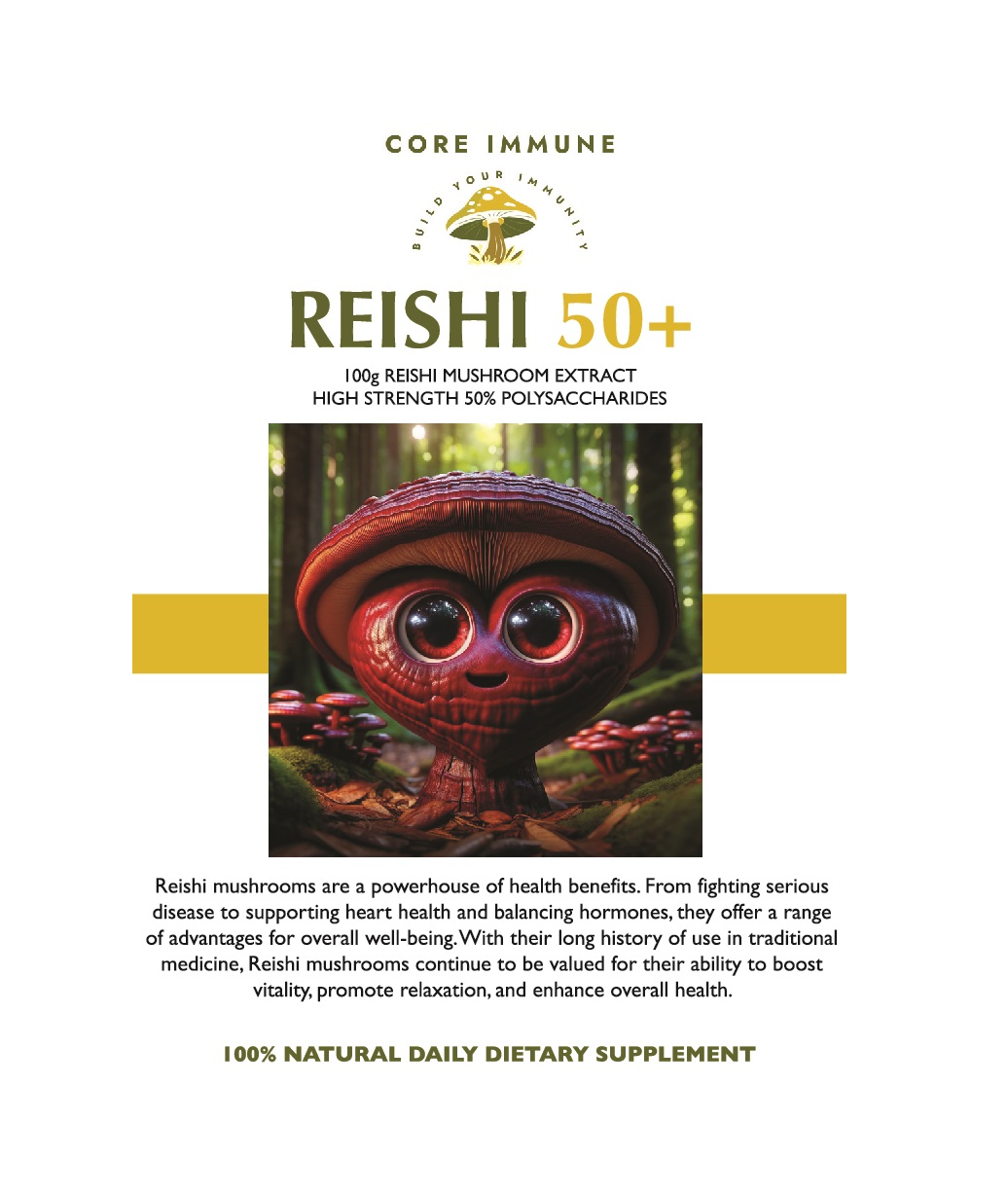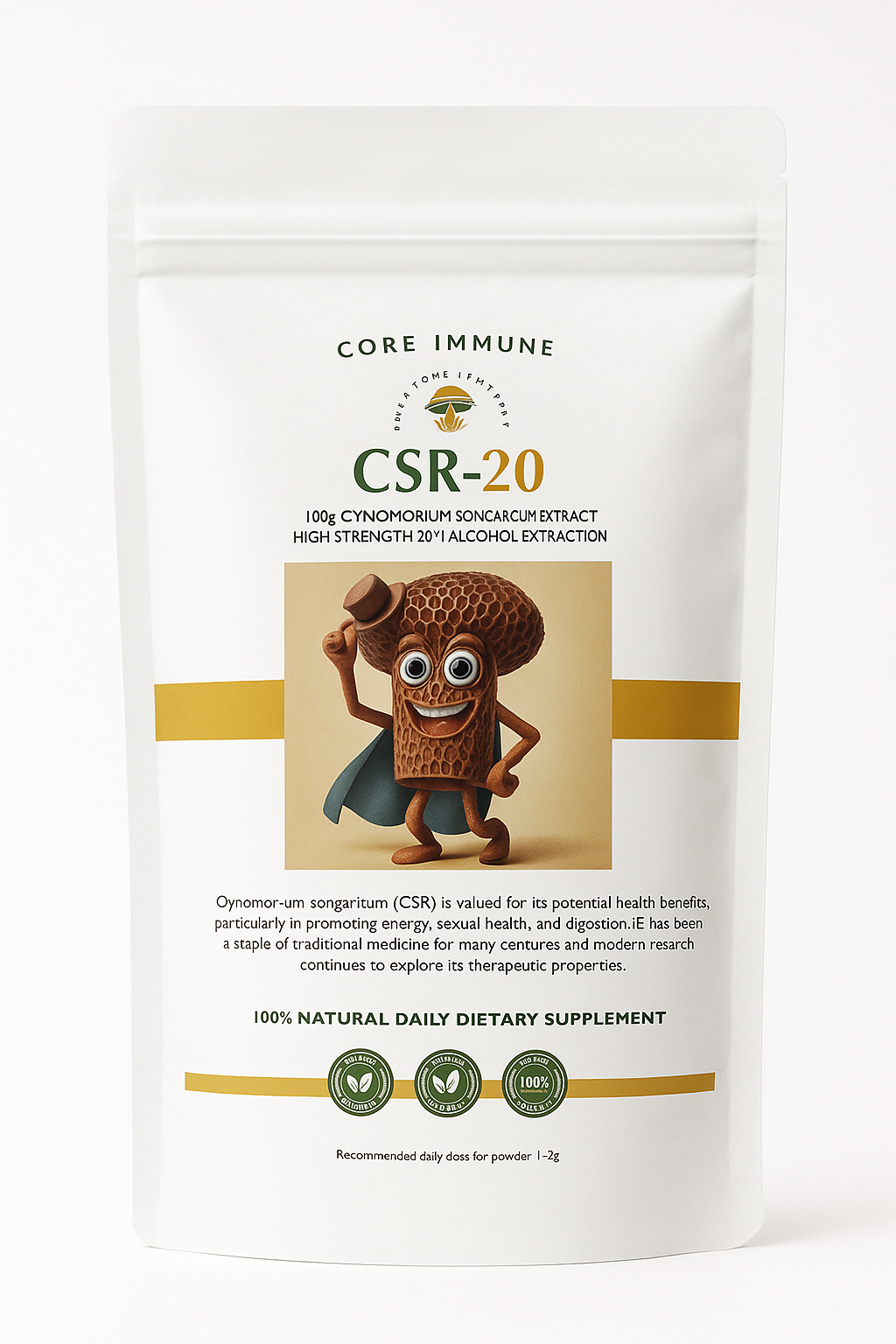When you think of essential nutrients, iodine might not top your list. But this trace mineral plays a huge role in your overall health—from regulating metabolism to protecting against certain cancers. Alarmingly, iodine deficiency is on the rise—especially in women of childbearing age.
🔍 What Does Iodine Do?
Over 90% of dietary iodine is absorbed in the small intestine and excreted within 1–2 days. Despite this quick turnover, its role in your body is long-lasting and powerful. Iodine helps:
- Regulate metabolic rate and energy levels
- Support healthy brain function and mood
- Manage weight and cardiovascular health
- Promote healthy pregnancy and fetal development
- Boost immune function and infection resistance
- Protect breast, ovary, uterus, and prostate tissue
Several organs—like your thyroid, ovaries, and mammary glands—can actually store iodine and depend on it for proper function.
💡 Iodine and Breast Health: A Vital Connection
✅ Fibrocystic Breast Disease (FBD)
- Affects 50%+ of women of reproductive age
- Strongly linked to iodine deficiency
- Treatable with iodine
- Increases risk of breast cancer
⚠️ Breast Cancer Trends
Since the 1970s, breast cancer rates in young women have risen sharply—often with late detection. Researchers believe that reduced iodine intake may play a major role.
- Japanese women (high-iodine diets) have much lower breast cancer rates.
- Rates spike when they adopt Western diets, which are often low in iodine.
- Iodine helps maintain normal breast tissue through the sodium/iodide symporter.
🔬 How Iodine Fights Cancer
- Antioxidant: Neutralizes harmful free radicals
- Anti-inflammatory: Supports immune function
- Apoptosis: Encourages natural cell death of abnormal cells
- Tumor suppression: Activates P53 tumor suppressor gene
- Hormone balance: Reduces estrogen hypersensitivity caused by deficiency
Without enough iodine, breast tissue becomes more responsive to oestrogen, increasing the risk of abnormal cell growth and potentially cancer.
📉 A Worrying Trend: Falling Iodine Levels
US government surveys show a drastic drop in iodine levels since the 1970s:
- 1971–74: Only 2.6% were iodine deficient
- 1988–94: 14.5% iodine deficient — a 5.6× increase
- Pregnant women: 56.9% below recommended iodine levels
- Women of childbearing age have the lowest iodine levels of any group
- Black women show disproportionately low levels—linked to higher breast cancer rates
🥦 What You Can Do
- Get your iodine levels checked if you’re at risk
- Incorporate iodine-rich foods: seaweed, eggs, dairy, fish
- Supportive nutrients: Vitamin D, K2, Omega-3, cruciferous veggies (broccoli, kale, bok choy)
- Consider supplementation—but always consult a health professional first
🧪 Final Thoughts
Iodine isn’t just about your thyroid—it’s a powerful protector for breast health, reproductive function, and cancer prevention. In a world where iodine levels are dropping and breast cancer rates are climbing, staying informed (and properly nourished) is more important than ever.



